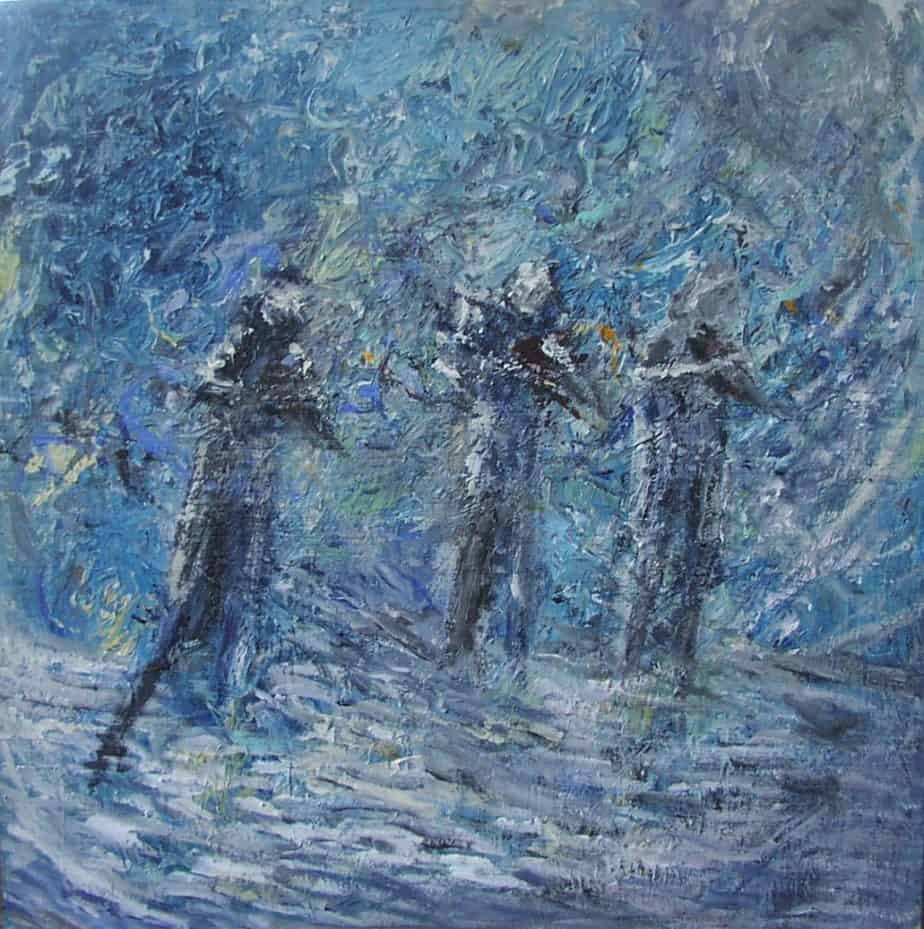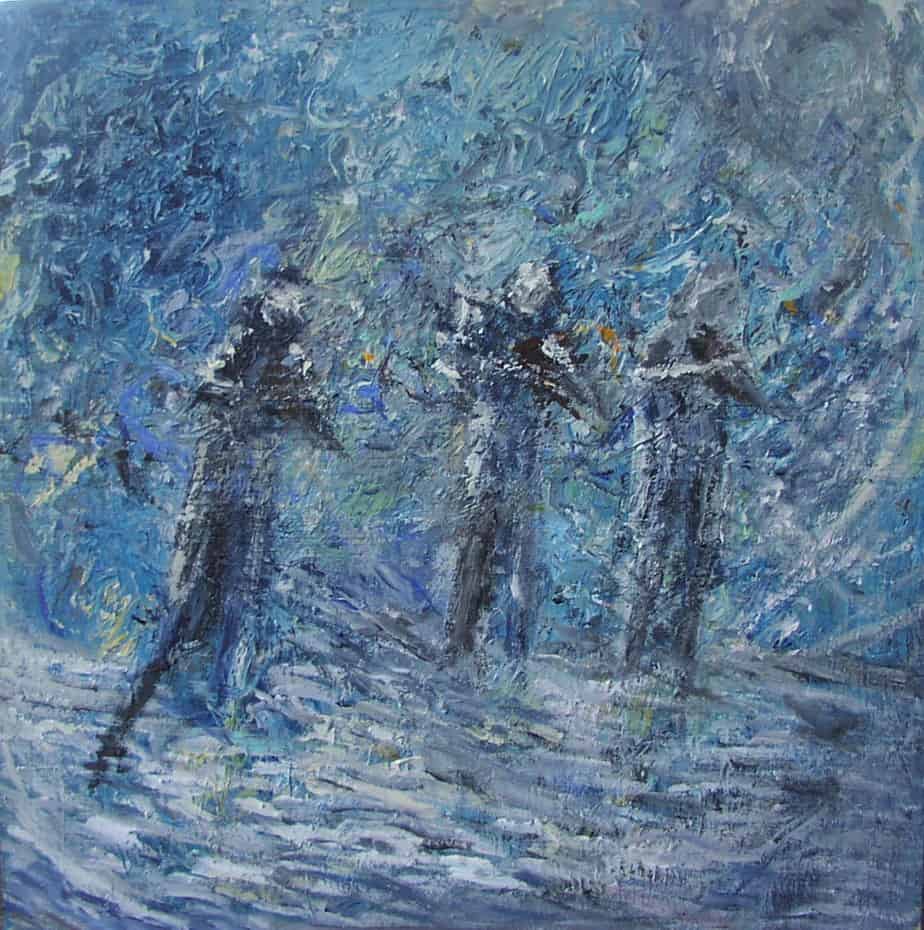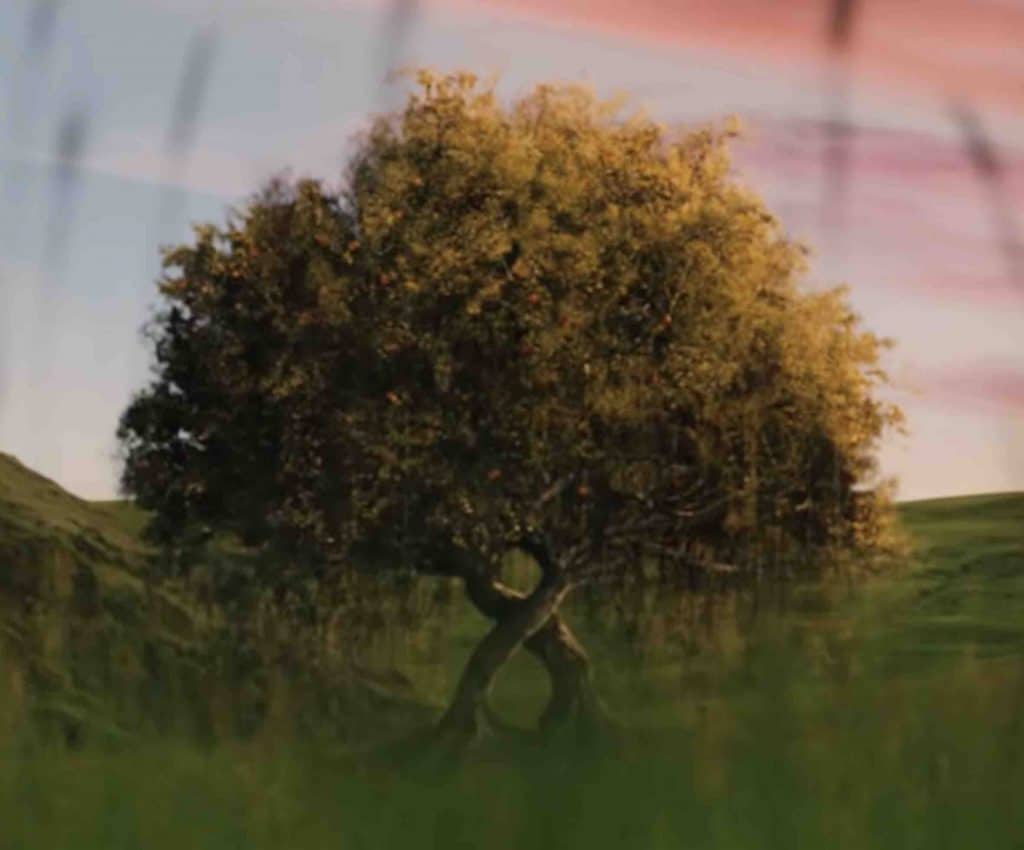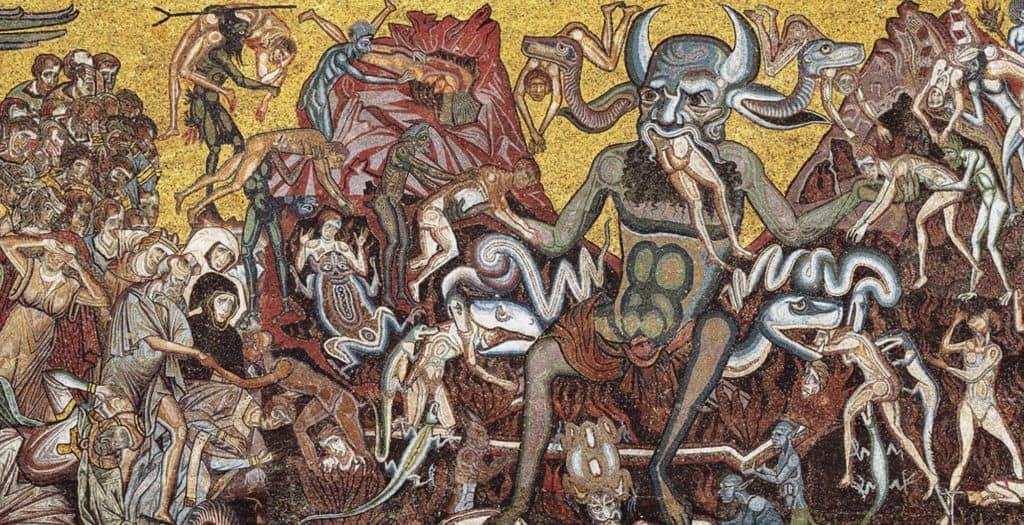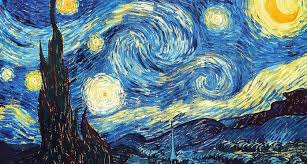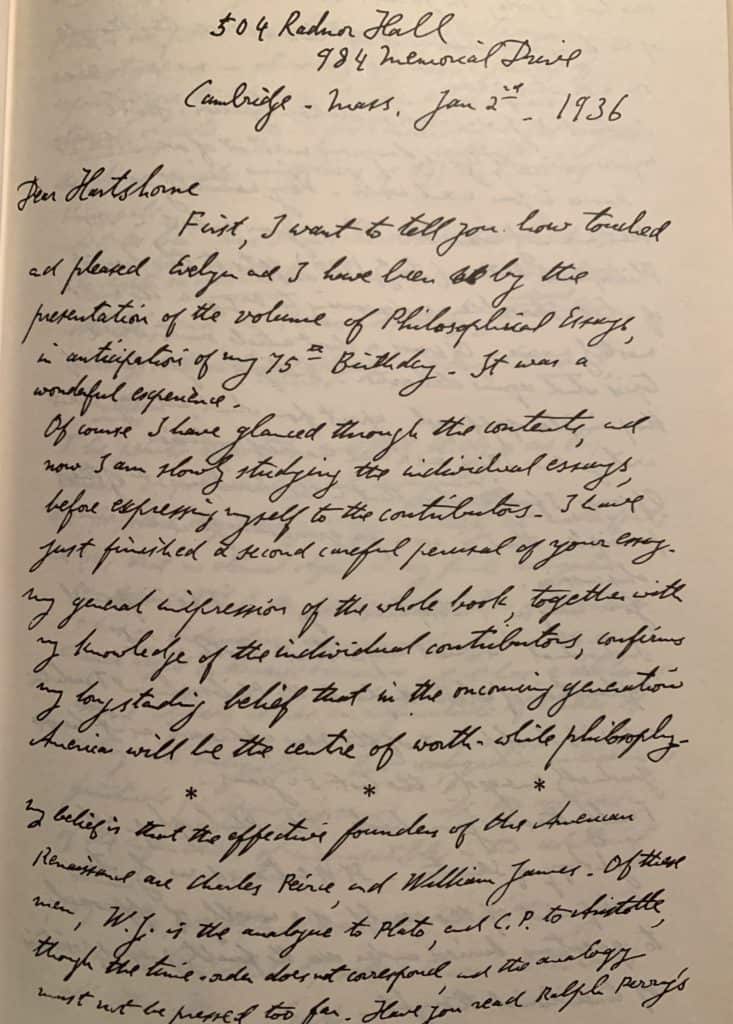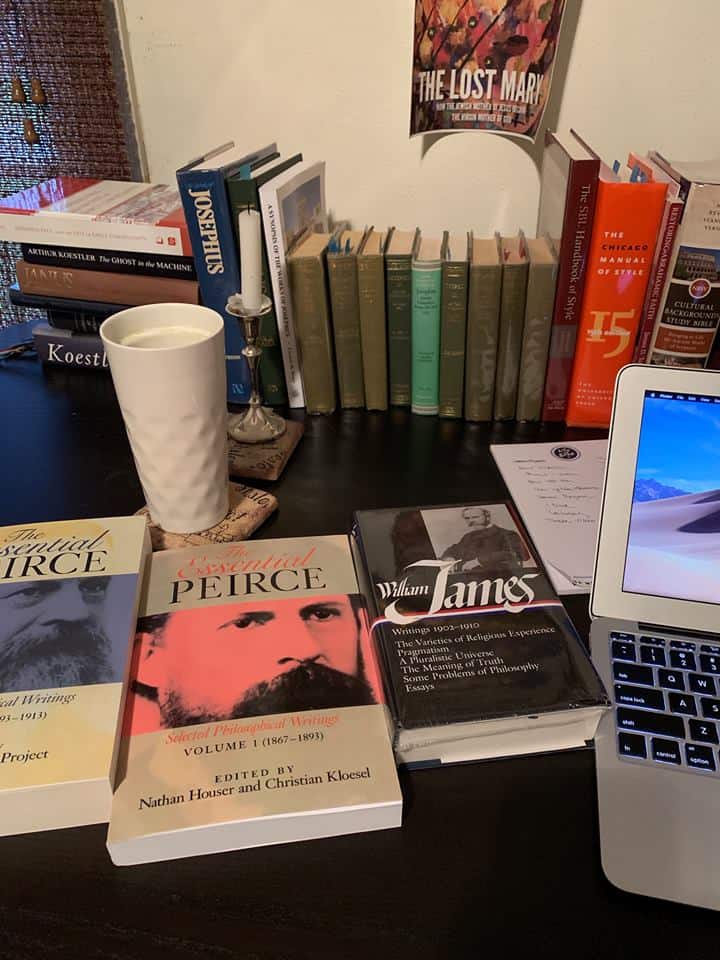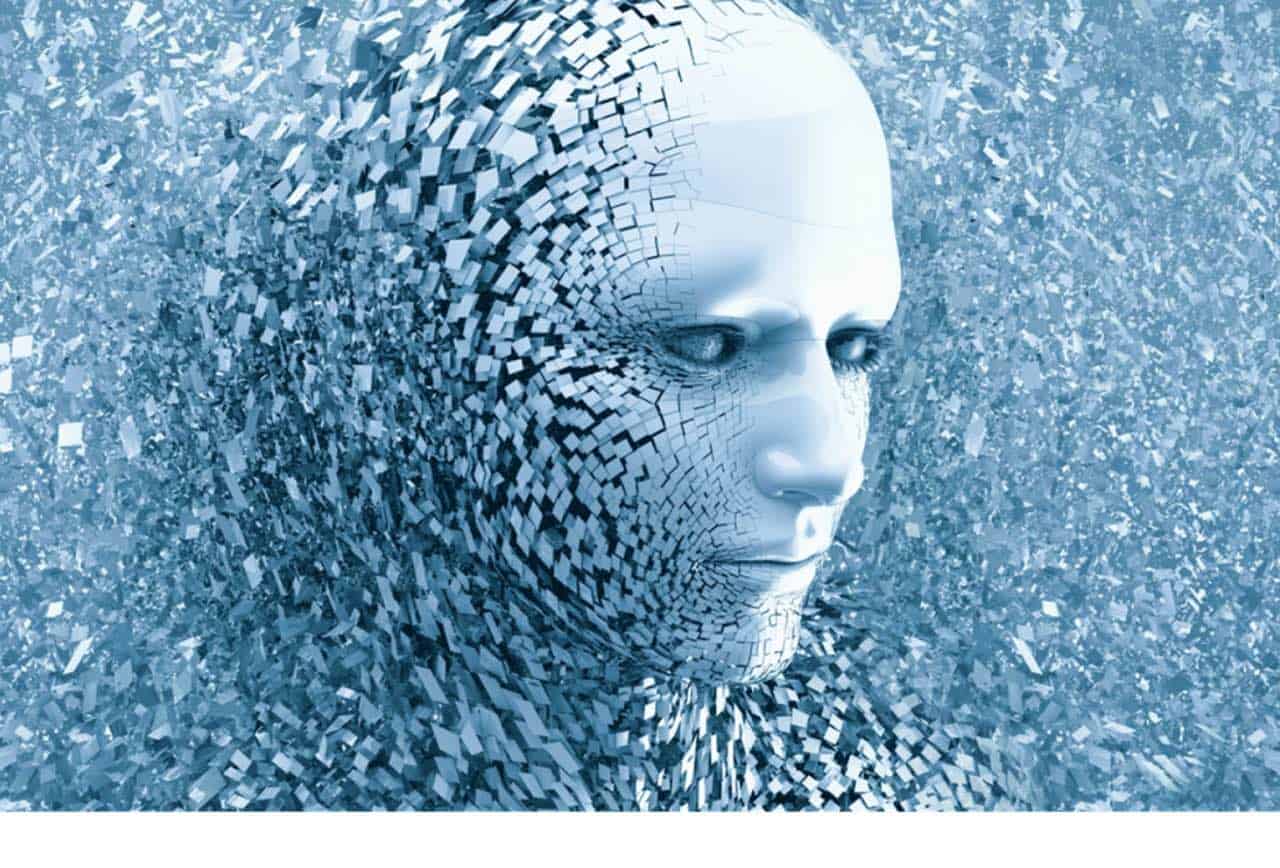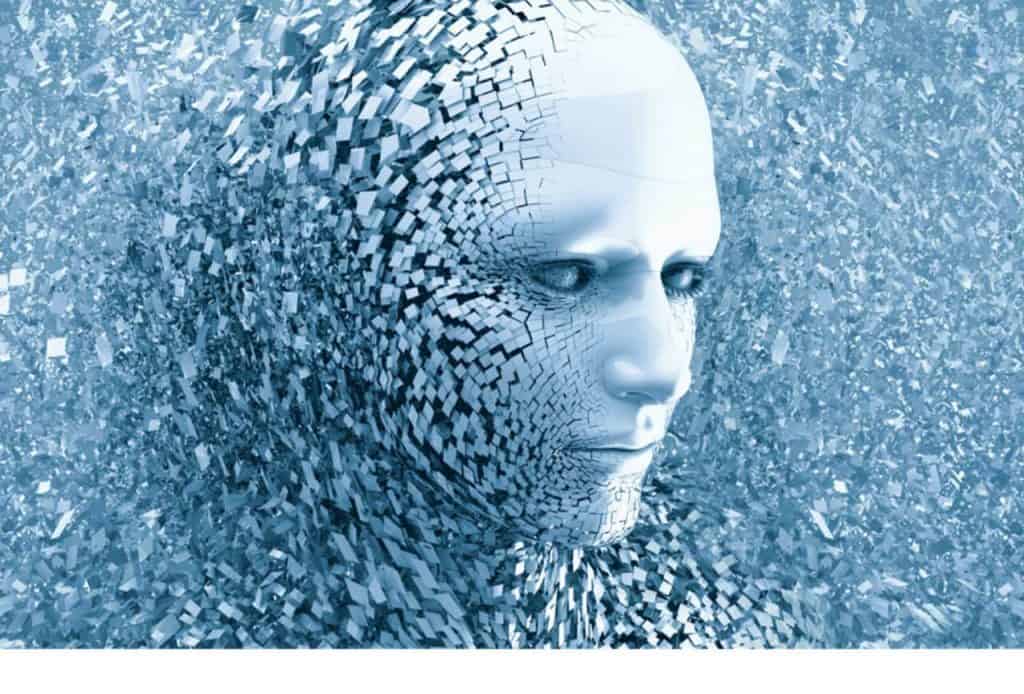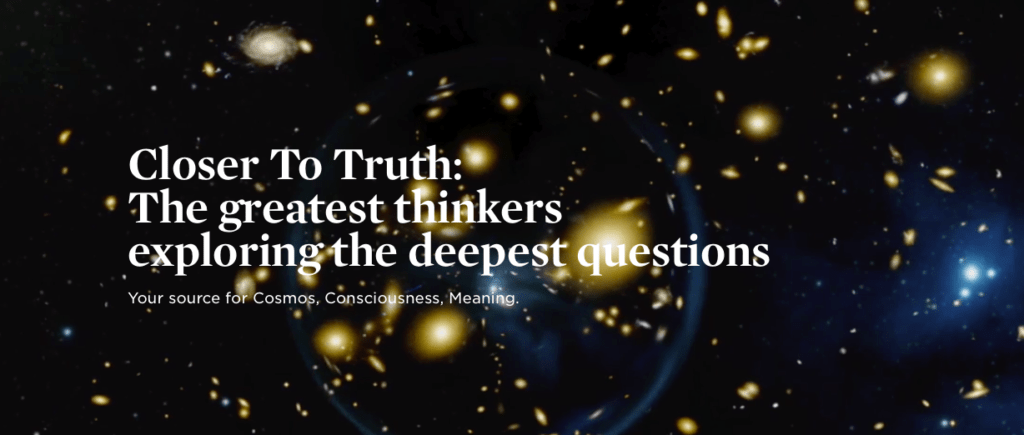As I think of “retirement,” or more properly “transition” from student oriented life to my own research and projects—and outreach to a broader mass of “students” or at least comrades along the way, from my tiny corner of the human experience and endeavor, I have this sense of stable drifting and open seas. An overwhelming sense of finitude in our complex world of history, religions, cultures, politics, science, and philosophy. What matters most, is what matters most in my mind—and determining that is an ethical challenge. But the lines of the RLS children’s poem: “The world is so full of a number of things, I’m sure we should all be as happy as kings,” came to mind, and of course “The woods are lovely, dark, and deep…” Hoping to shine on!
